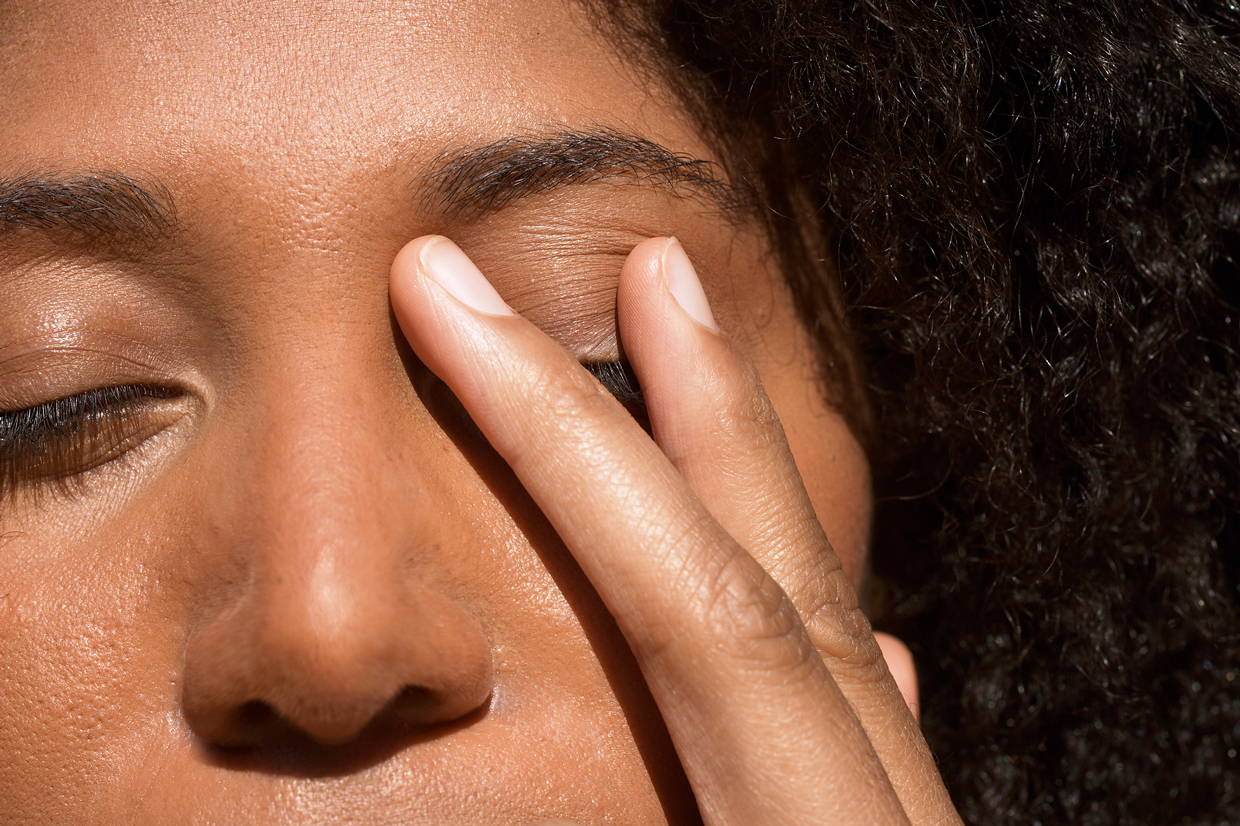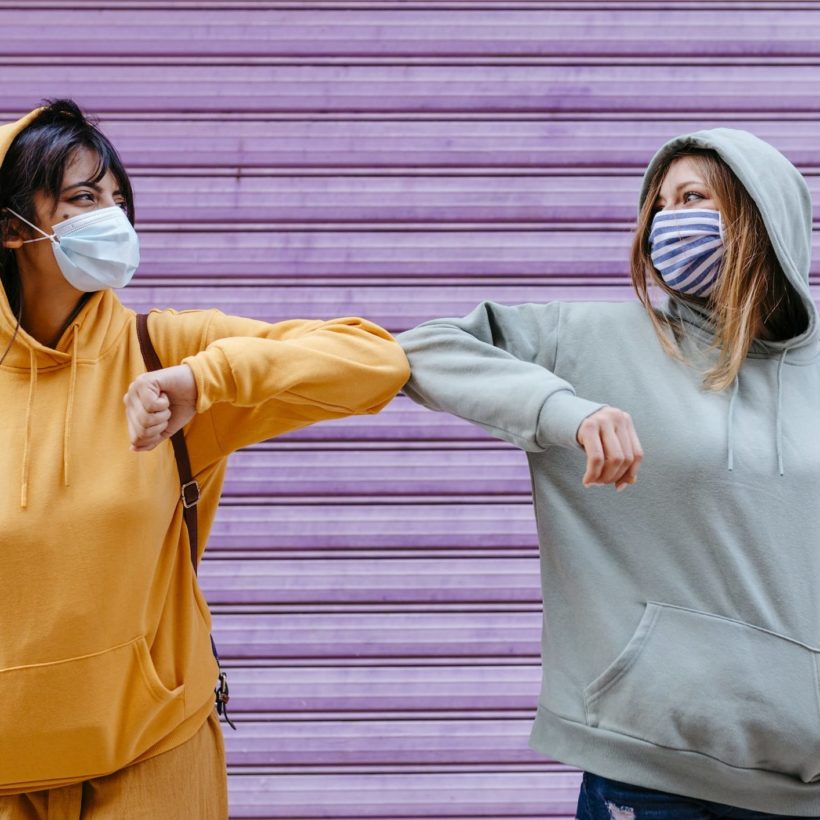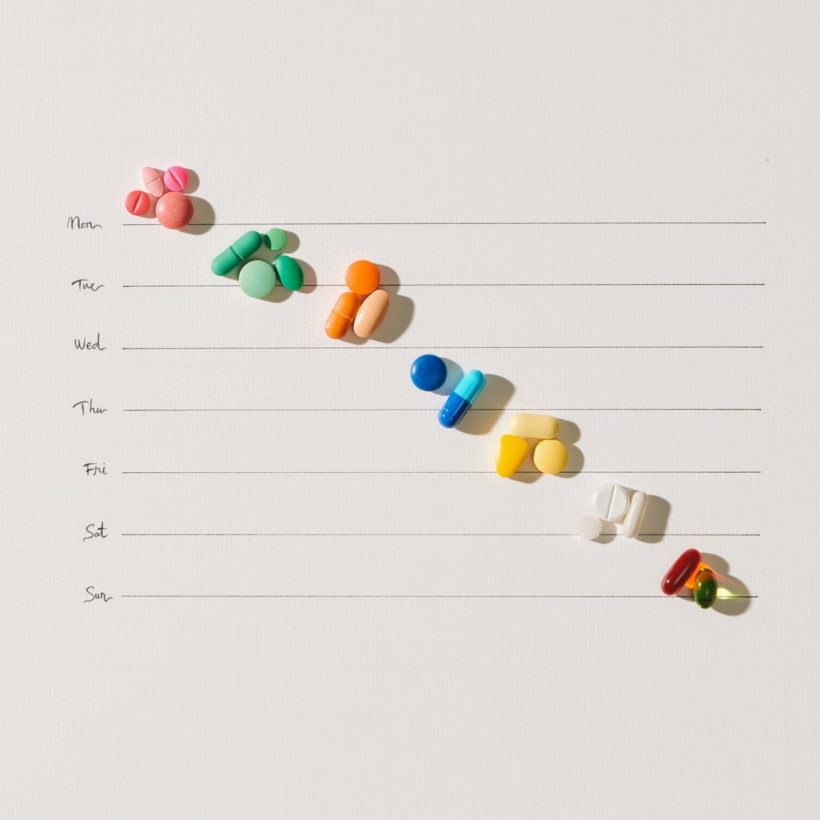Staying healthy is top of mind for most of us, but especially as we enter year three of living in a global pandemic. To date, there have been close to 80 million cases in the United States, with more than 960,000 deaths, and Director of the National Institute of Allergy and Infectious Diseases, Dr. Anthony Fauci, has expressed that merely every American will be exposed, if not infected.
As alarming and anxiety-inducing as all of this sounds, it’s important to remember that our bodies were designed to ward off various germs in our environment. In fact, since the dawn of time, it’s what humans have been doing, explains David Cutler, M.D., family medicine physician at Providence Saint John’s Health Center in Santa Monica, California. “All the attention right now is on coronavirus, but there are many other viruses out there potentially posing threats — bacteria, fungus, and parasites to name a few,” he says. “These germs may enter our bodies in different ways — breathing them in, infecting our skin, ingesting them in our food, or through sexual transmission — and preventing their entry is the first line of personal defense.”
Meet the Experts
David Cutler, M.D., is a family medicine physician at Providence Saint John’s Health Center in Santa Monica, California.
Niket Sonpal, M.D., is an Assistant Professor of Medicine at Touro College of Osteopathic Medicine.
Jeffrey Dlott, M.D., is a Medical Director at QuestDirect.
Tansy Rodgers, F.N.T.P., is a functional nutritional therapy practitioner.
To prevent the spread of infection, our society has attempted to remove these germs from our environment by limiting the number of people who can possibly carry them by means of vaccination.
“Travel restrictions and locking down the number of people spreading the disease and ventilation and distancing keep these germs from exposing us to a high enough concentration of germs to cause infection,” says Dr. Cutler. “Masking prevents the germs in our immediate vicinity from getting into our body.”

It’s also important to recognize that just because a germ enters our body, be it COVID or another virus — it doesn’t always cause harm. In fact, Dr. Cutler explains that a germ can do one of three things: colonize us, infect us, or cause disease. “We are colonized constantly by many germs that live on our skin, in our mouths and throughout our intestine,” he says. “Sometimes these germs perform important functions for maintaining our health!”
It’s the germs that are foreign to our body that can create an infection. “This means they invade our cells, their genetic material alters our body functions, and our immune system will usually react to this and destroy the invading organism,” says Dr. Cutler. “This happens all the time without us noticing, and it is especially common with asymptomatic COVID infections. However, sometimes these infections are not promptly and effectively eliminated by our immune system and they cause disease; they inflamed tissue, they spread to distant organs, they make us sick and can even kill us.”
While there is no magic pill we can take every morning to ward off all the viruses in the world, there are a few things in our control when it comes to warding off illness. Here, doctors share their best tips for boosting our immunity.
Wash your hands on the regular
You’ve probably been told to wash your hands often since you were a little kid — and for good reason. Washing your hands frequently is one of the best lines of defense against germs that could lead to an illness. The Centers for Disease Control and Prevention (CDC) recommends washing your hands for a minimum of 20 seconds, making sure to cover the backs of your hands, in between your fingers and around your thumb. When hand soap or running water is unavailable, a hand sanitizer with at least 60 percent alcohol is your best bet.
Try not to touch your face
It’s a hard-to-halt habit for many of us, but touching your face is a sure way to get germs into your body. What’s more: Some viruses, such as COVID-19, may remain on services for up to 72 hours (three days), per research published by the National Institutes of Health (NIH). This means that even areas that you may deem to be clean — like your kitchen table or living room coffee table — may be harboring germs that could make you sick, especially when directly exposed to your eyes, nose or mouth.
Eat a nutrient-rich diet
You already know the importance of eating a healthy diet, as it can have far-reaching effects on your health in a very positive way. This is especially true when it comes to reducing your risk of disease. Fruits and vegetables, especially, are loaded with nutrients including vitamins A, C, and E, as well as a bevy of antioxidants that strengthen your body’s immune defense. Niket Sonpal, M.D., an Assistant Professor of Medicine at Touro College of Osteopathic Medicine, recommends filling your plate with citrus fruits, colorful veggies like red bell peppers and spinach as well as nuts and seeds like almonds and sunflower seeds.

Exercise regularly
It can be hard to fit fitness into your busy schedule, but doing so may be the difference between you getting sick or staying healthy this spring. In fact, research, including one study published in the Journal of Sport and Health Science, found that our immune system responds positively to exercise. One of the reasons for this, according to Dr. Sonpal is that exercise helps reduce our body’s levels of the stress hormone cortisol. Since stress reduces our body’s levels of lymphocytes, white blood cells that help fight infection, having lower amounts of it can help us stay healthy.
Cut back on alcohol
You probably know that alcohol isn’t “good” for you, but might not realize the effects it can have on your immune system. In fact, one study published in the journal Alcohol Research found that drinking too much alcohol actually destroys important components of the immune system that prevent you from getting sick. “An increase in alcohol consumption over time can increase a person’s exposure to bacterial and viral infections,” says Jeffrey Dlott, M.D., Medical Director at QuestDirect.

Spend time outside
The sun is our main source of vitamin D, which is why it’s known as the “sunshine vitamin.” Unfortunately, too few of us are getting enough, as research has found that as many as 40 percent of Americans are deficient. “Not only does vitamin D play a key role in maintaining bone strength and overall health, but it is also important in the prevention and treatment of common colds,” says Dr. Dlott. “A deficiency in vitamin D may affect one’s immune system and the ability to fight infection or sickness.”
Get 7-9 hours of sleep each night
Sleep is so important, yet too few of us are getting enough. In fact, 1 in 3 Americans is snoozing less than the recommended 7-9 hours per night, according to CDC research. Not only does sleep give you enough energy to make it through the day and stay focused on all your tasks, but it also keeps your immune defenses strong, notes Dr. Sonpal. To help ensure you get your 7-9 hours, try to avoid screen time for the hour before you go to bed, as the blue light can make it harder for you to nod off and aim to go to bed and wake up at the same time each day and night, per Dr. Sonpal.

Reduce your exposure to environmental toxins
Reducing toxin exposure is one way to help prevent illness. “Toxins in the home from our cleaning supplies and toiletries, for example, and toxins that we may encounter from pesticides and other harmful chemical sprays can place more stress on the body, overload our lymphatic system and liver’s ability to detoxify properly and increase our exposure to heavy metal toxic load,” explains functional nutritional therapy practitioner Tansy Rodgers, F.N.T.P. “When the body becomes overloaded by toxins, our health suffers — and when the body can not properly rid itself of the toxin build-up, that is when the immune system starts to suffer and the body can become a breeding ground for disease and illness.”
One way that the Environmental Working Group (EWG) recommends reducing the toxins in your home is to use a vacuum with a HEPA filter, which can filter out 99.97 percent of mold, dust, bacteria and other potentially harmful airborne particles in your home.
We only recommend products we have independently researched, tested, and loved. If you purchase a product found through our links, Sunday Edit may earn an affiliate commission.







